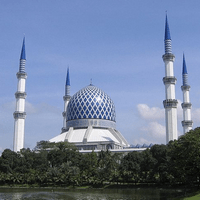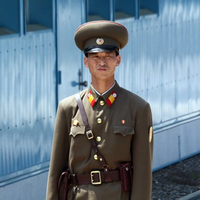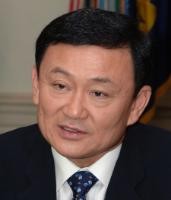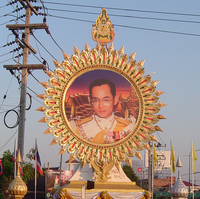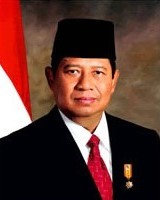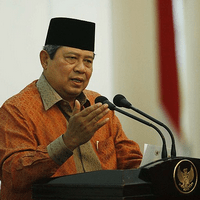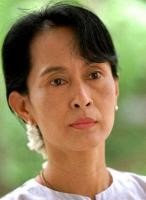
PHNOM PENH — The trial of a Khmer Rouge prison commandant who oversaw the deaths of at least 12,000 people has wrapped up. But in his final statement, Kang Guek Eav, also known as Duch, stunned the court by asking for an acquittal. It was a complete about-face from a desperate man who had acknowledged he was guilty of crimes against humanity and breaches of the Geneva Conventions, although claiming he acted under orders and amid fear of retribution. The three Cambodian and two international judges declined the request and ended the trial. Sentencing is expected early next year. In […]

